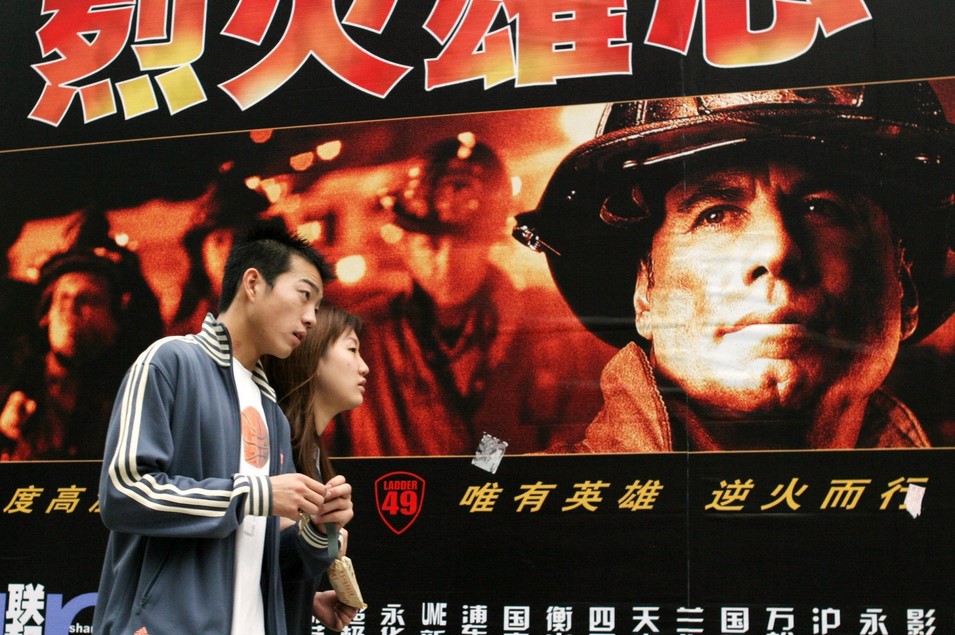Hollywood studios are increasingly wary of provoking China’s government by making films that contain “sensitive” content. Some films have even self-censored portions of their own films intended for the global market, in fear of retribution.
On today’s podcast, Aladin Farré is joined by Chris Fenton, author of Feeding the Dragon: Inside the Trillion Dollar Dilemma Facing Hollywood, the NBA, & American Business, and James Tager, deputy director of free expression research and policy at PEN America and main author of the report Made in Hollywood, Censored by Beijing. The conversation dives into the origins of how and when Beijing’s cultural policy began to impact Hollywood decision making in film production. The trio also provide concrete examples of how the studios negotiated a share of the growing Chinese film market and what actions the industry needs to take on that issue.
Middle Earth is made by China Compass Productions. If you have a China-themed cultural project, please get in touch!
With thanks to Brenden Gonsalves for graphic design and Sean Calvo for music support.
Sponsors:
Win a free month of OVID.tv, which distributes exclusive Chinese films, by sharing your favorite Middle Earth episode on social media. Send Aladin a screenshot on Twitter for a chance to win!
If you are in Berlin, Chengdu, or Shanghai and like music or tech, you should check the WISE festival lineup. The event runs from August 28 through September 4.
Recommendations:
The U.S.-China-Germany film Point Break (2015).
The U.S.-China film The Meg (2018).
Answers to the quiz:
Too much cleavage was the reason the TV series The Empress of China had to be reshot.
The Ancient One, a Marvel comic character, got a gender and birthplace change in order to avoid provoking any backlash.
Abominable (2019), a U.S.-China co-production, was censored by Vietnam, Malaysia, and the Philippines due to its depiction of the nine-dash line.







